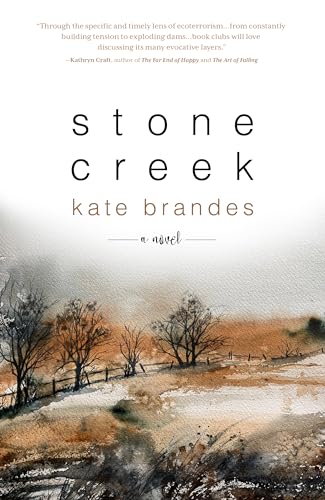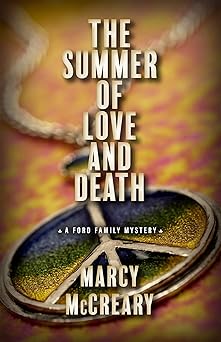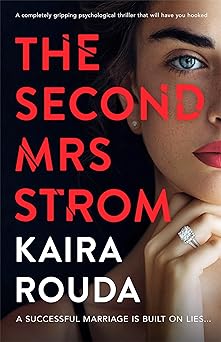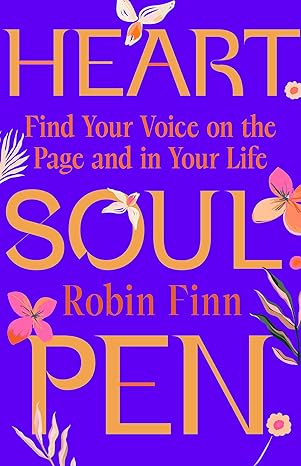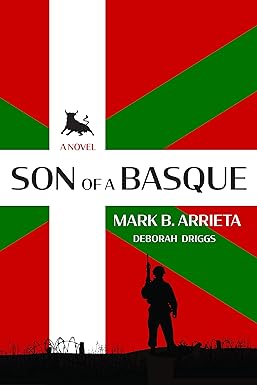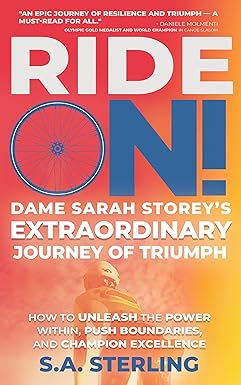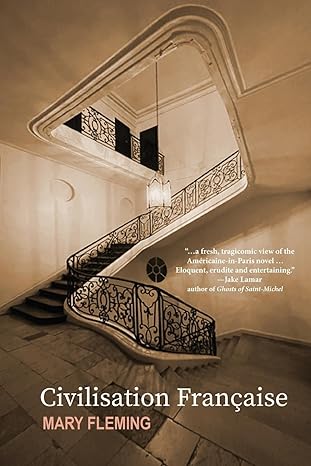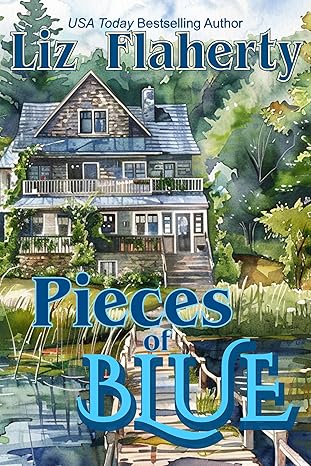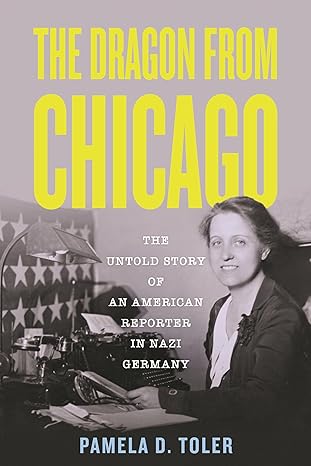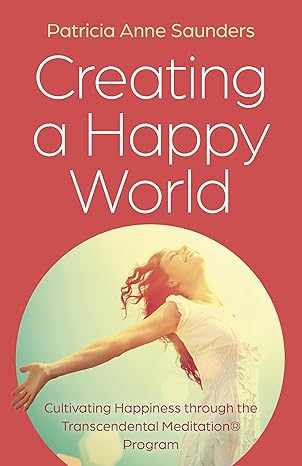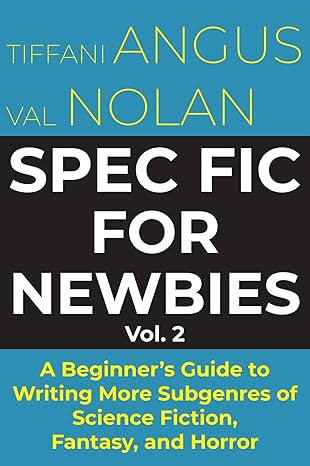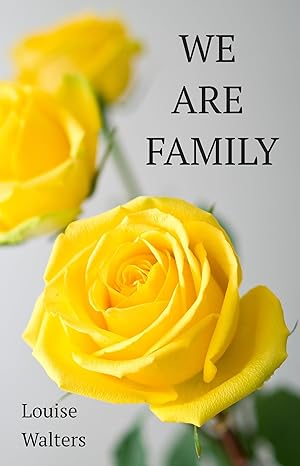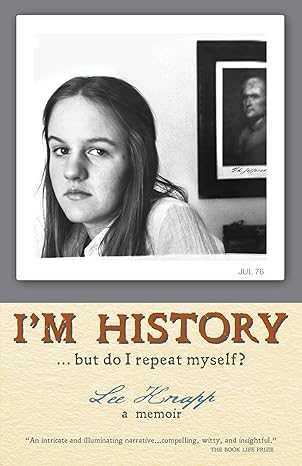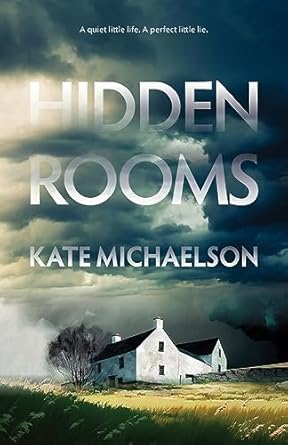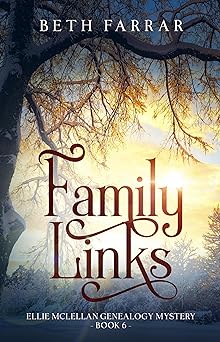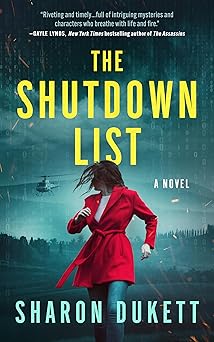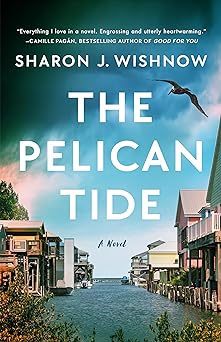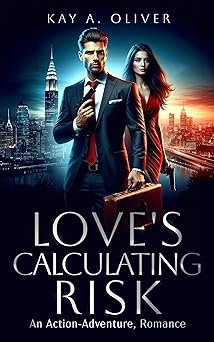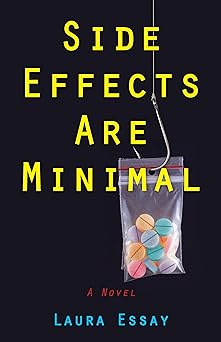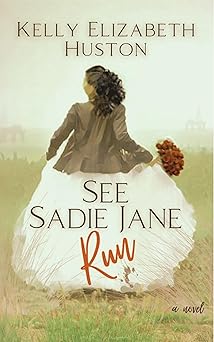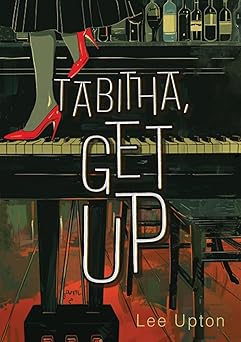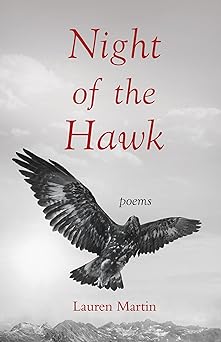Q&A with Literary Agent Carly Watters of the P.S. Literary Agency
Carly Watters began her publishing career in London at the Darley Anderson Literary, TV and Film Agency. She has a BA in English Literature from Queen’s University and a MA in Publishing Studies from City University London. Since joining PSLA in 2010, Carly has had great success launching new authors domestically and abroad.
Never without a book on hand she reads across categories which is reflected in the genres she represents. Representing debuts and bestsellers, Carly is drawn to emotional, well-paced fiction with a great voice and characters that readers can get invested in and platform-driven non fiction. Her clients include Andrea Dunlop, Karen Katchur, Allison Day, Jennifer Carlson, Jael Richardson, Jay Onrait, Larry Smith and many impressive more. Her website is a treasure trove of information on her sales, interviews, manuscript wish list, clients, and more. When you finish reading this interview (and only then!), check it out.
Carly is also the author of Getting Published in the 21st Century, an ebook of Writer’s Digest award-winning blog content:
- How to begin your book and why you’ve probably been starting in the wrong spot
• 10 self-editing tips that will transform your manuscript
• Carly’s 9 ways to write smarter, not harder
• 5 tips to make your query letter stand out (from someone who reads over 800 a month!)
• The top 7 reasons why agents stop reading your manuscript
• What agents are looking for in a client
• 12 ways to create an author community
Thank you, Carly, for joining us here at WomenWritersWomen[‘s]Books and taking the time to answer our members’ questions. We’re very grateful and thrilled to have you.
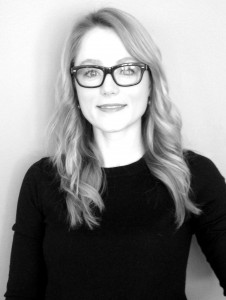 ON THE LETTER –
ON THE LETTER –
How does one go about finding an agent?
Start with Google, but make sure you fact check on an agent’s website. Try ManuscriptWishList.com, QueryTracker.com or PW.org. Look in the acknowledgement pages of books that are similar to yours in theme, genre or tone—the agent is often listed. A lot of us are on Twitter too, so check us out. We also do a lot of workshops with Writer’s Digest where we offer critiques, which can be a wonderful use of time and resources.
How many queries do you get in a typical month?
At our agency they all go to one place. The agency itself gets 2000 a month. I get about 200-300 personally addressed to me. I used to read all the queries that came in! And that became too much of an undertaking so now I focus on writers that specifically want to work with me.
What makes a query stand out to you?
Concise, unique premise, complex hook, external plot, great motivation (I love family secrets), and a strong character that’s active in their life.
Is there a format that you prefer?
- Paragraph One – Introduction: Include the title and category of your work (i.e. fiction or nonfiction and topic), an estimated word count and a brief, general introduction.
- Paragraph Two – Brief overview: This should read similar to back-cover copy.
- Paragraph Three – Writer’s bio: Tell us a little bit about yourself and your background (awards and affiliations, etc.).
How many query letters do you recommend a writer have out at any one time?
I suggest writers to send out as many as they think they can manage and all at one time to their top tier choices. 10-20 is manageable in my opinion. I think you should query one book for at least 6 months. I don’t think you should be pitching 2 books at once.
Once a full or partial manuscript has been requested, when should a writer follow up with the agent? What is an example of acceptable wording?
Every agency has very specific guidelines on their website. If you have an offer, follow up immediately. If you don’t, wait 3-4 months. We usually have such a back log that it’s common to wait.
If you’ve requested a full manuscript in the past and the writer used your feedback as well that gleaned from other editorial processes (workshops, critiques, etc.) resulting in major revisions, should that writer query you again? Should they mention that you have already seen the story in an earlier form?
They’re welcome to query me again, but I have never signed anyone up because of this. I have pretty gut reactions to things and it’s my job to read between the lines if I think something has potential for me personally. If someone revises and wants to resubmit they’re welcome to. However, when I really want to see a revision I will explicitly ask and give them details about how to return the manuscript to me when it’s ready (which is called a revise and resubmit). Otherwise, you can assume an agent isn’t interested. If you re-query, yes, let us know we’ve seen it and when.
ON CLIENTS & MANUSCRIPTS –
All writers know that the first page is crucial (first line, first paragraph), but not all books that go on to be bestsellers have a first page that knocks it out of the park. How many pages, roughly, do agents give a manuscript to draw them in?
Personally, I only read about 3-5 pages before I know I want to request more. I don’t have time for anything more than that. A book’s job is to grab me (and my specific taste which means not all books are meant for me and that’s fine—there are lots of other agents out there) and never let me go. I want to be sucked in for the next 5 hours—so help me by writing a great beginning!
Is the US market different from the Canadian one? European? How so?
Each market is phenomenally different in many ways. Each language and culture has their own ideas and expectations about things like values and language. And, not surprisingly, each market is unique especially in size. The US has a large population, which means there is a huge market for many things including niche topics. In the UK they buy more books per person than the US which means it’s very active. In smaller European countries a good print run is a couple hundred copies. In North America it’s usually a few thousand to start—depending on a publisher’s intentions regarding marketing and publicity. Non-fiction is especially tricky in different countries because each country has an expert on a certain topic and foreign experts don’t always sell.
What genres of fiction are large publishing houses most interested in now? Least interested?
There is a market for everything, really, if it’s done well. Publishing houses are interested in what bookstores want to carry. You can look at the bestseller lists for the best examples: domestic thrillers, book club books, self help, genre and series novels (SFF, mystery, thriller), literary novels with the right mix of plot and accessibility. Women’s fiction and upmarket fiction—which I also call “smart book club”—is a popular category too. Regarding what’s not working: it’s more about where there is market saturation vs. where editors/publishers want to build their list. 5 years ago everyone was stocked up on YA so they wanted to build out their MG lists. Now editors have filled those slots. Similarly, the kid lit editors were filled up on series and then were looking for stand alones, now that’s also balanced itself out. There is always a cycle in publishing, that’s the single guarantee about this business—everything comes and goes.
There is a lot of talk about the need for diversity in publishing. What is it that publishers are looking for? Books by authors of different races, ethnicities, and sexualities (how or should a writer include this in a query letter?)? Books with protagonists of different races, ethnicities, and sexualities? Books set in foreign countries?
There are a lot of issues regarding the word “diversity.” I’ve followed the movement and articles written about it very closely and the important thing is to focus on telling stories that represent all people because everyone deserves to see themselves represented in what they read. So yes, it requires more people of color to be published so they can tell their unique stories. And it also requires white writers to do a lot of work to make sure they’re recognizing the limitations of the worlds they created.
It’s not a trend, it’s a social consciousness that is encouraging publishers to position themselves more clearly with acquisitions, sales, marketing and publicity. I stress that this isn’t a trend because it’s not something that people can do a bit of research on and try to emulate what it is that publishers want or think they want. It’s a real issue that agents, editors, marketing and sales have to tackle at each juncture to make sure that there aren’t biases when diverse stories come through the pipes. It’s not going to be solved in this answer and it’s not going to be solved soon.
Publishing is a slow business that takes years pivot because of the timing issues regarded in writing, acquiring, producing and publicizing work—it takes years for books to make it to the world. I’m looking forward to seeing publishing rise to the occasion. Books are a huge part of shaping people’s lives and how they think about themselves—especially kids. I urge every writer to find their authentic stories and if they aren’t clear about representation issues they need to listen to people who are different from themselves.
If you want to expand your knowledge then you have to expand where you get your information from. Try podcasts like Black Girls Talking or news sources The Root and The Advocate as a places to listen and read. Often white people want to talk, and “whitesplain” the problem away—and what we really need to do is shut up and listen.
Diversity is about race, ability, sexuality, socio-economic status and so much more. I get frustrated when we try to reduce it to a single issue. People are complex, that’s the nature of humanity—so writers: avoid tokenism at all costs and keep your eyes and ears open to representing the world in the most accurate way you can.
We hear about books being translated into other languages. Is that potentiality that agents and publishers look for when deciding to take on a book? What makes a book have international appeal? Meaning, expected to find favor in countries other than where it originated or is set?
Again, fiction and non fiction are very different. Fiction is about universal emotions and making sure something isn’t “too American” which is the #1 reason publishers pass on things abroad. It’s hard to know what’s going to connect with foreign editors so I don’t sign people up based on that. I sign people up based on the primary market which is the domestic market. If I can’t sell it domestically then I can’t sell it abroad. It has to be sold here first to have a fighting chance.
What sells abroad is NYT bestsellers, books based on film adaptations, award winners, high concept fiction (easy to summarize in 1 line), something with a “buzzy” sales story (at auction, big advance), and “big idea” or business non fiction—those are a few examples. What doesn’t sell at this moment: debut novels that are really long (it’s expensive to translate them), smaller presses, books set in the American south or small town America, YA supernatural, mysteries are hard right now, cookbooks or anything photo or illustrative heavy, North American celebrities unless they’re huge abroad.
ON BEING AN AGENT –
What drew you to your job? What do you like about what you do?
What drew me to this job is the fact that it is so multi-dimensional and exercises so many muscles creatively and business-wise. I get to edit, shape projects, manage contracts, build careers, work on publicity and marketing, as well as counsel writers on social media and digital endeavors. I could go on and on about everything I do because the list is so long! The people I get to meet is also another reason: experts and creative individuals from all over the world. That’s another one of the reasons I work on fiction and non fiction, I like to diversify my list and that helps me stay focused when I transition from project to project.
How involved do you like to be in the early development of a client’s story (not the book you signed them with, but the following titles)?
I give my opinions on ideas and premises. I don’t line edit or read 12x from an editorial point of view. I like to do big picture, structural editing as opposed to the details. I am a heavily involved agent—you can ask any of my clients. I am there for every stage and prefer to be in the loop on everything, not just the issues. Because I like to prevent issues before they start.
When your vision for a book and the author’s differ, how it that resolved?
We have a few conversations about it but ultimately if they don’t match then we part ways. I don’t work with people that don’t trust me or don’t have the same vision as I do. I can’t help them if it’s out of my wheel house.
What is the agent’s role if the editor’s vision and the author’s differ?
Depends on the stage we’re talking about. I.e. whether a book has already been bought. I have many examples where option novels or second novels have been turned down by the publisher but the editor still wants to work with an author so they brainstorm something completely new. So if the writer likes their editor they’ll start from scratch to work with them—if they have the same vision. If the editor passes on something it’s my job to tell the writer. And then I have conversations with the writer about their career plan/goals and how we can accomplish that. I have 90% of the tough calls with writers. But I also get 100% of the amazing calls with good news.
And finally…
Tea or Coffee?
Coffee.
Lake or Ocean?
Lake
Sun or Snow?
Sun
Hockey or Hobbies?
Hockey
Flowers or Chocolates?
Flowers
We can’t thank you enough, Carly, for dropping in. Welcome to the WWWB family!
SUBMISSION GUIDELINES –
P.S. Literary only accept submissions via e-mail. Queries should be directed to query@psliterary.com. If you want to query Carly, address your query to her – Carly Watters.
- Please limit your submission to just a query letter that consists of the following:
Paragraph One – Introduction: Include the title and category of your work (i.e. fiction or nonfiction and topic), an estimated word count and a brief, general introduction.
Paragraph Two – Brief overview: This should read similar to back-cover copy.
Paragraph Three – Writer’s bio: Tell us a little bit about yourself and your background (awards and affiliations, etc.).
- Do not send attachments. Please use text within the body of your e-mail.
- Please do not submit a full-length manuscript/proposal unless requested.
- Always let us know if your manuscript/proposal is currently under consideration by other agents/publishers.
- Please do not query multiple agents at the agency simultaneously.
Response time:
From the agency website – “If you don’t receive a response to your query within 4-6 weeks it means a no from the agency.”
You can also find Carly on:
P.S. Literary Website Twitter Carly’s Website Instagram
Interviewed by –

MM Finck
MM Finck is a writer, essayist, and book reviewer. Her women’s fiction is represented by Katie Shea Boutillier of the Donald Maass Literary Agency. She is a regular contributor WWWB as well as overseeing the Author and Literary Agent Interview segments. She is a member of the Women’s Fiction Writers Association and the 2016 contest chair for the Women’s Fiction Writers Association Rising Star writing contest for unpublished authors.
Her work has appeared in national and regional publications. When she isn’t editing her novel-in-progress, #LOVEIN140, she can be found cheering herself hoarse over a soccer match (USWNT! – THREE TIME WORLD CHAMPIONS!!!!), belting out Broadway tunes (badly and with the wrong words), learning to play piano (truly pitifully), and trying to squeeze more than twenty-four hours out of every day. She is active on Facebook, Twitter, and Goodreads. Say hi. http://www.mmfinck.com
Category: Agents




